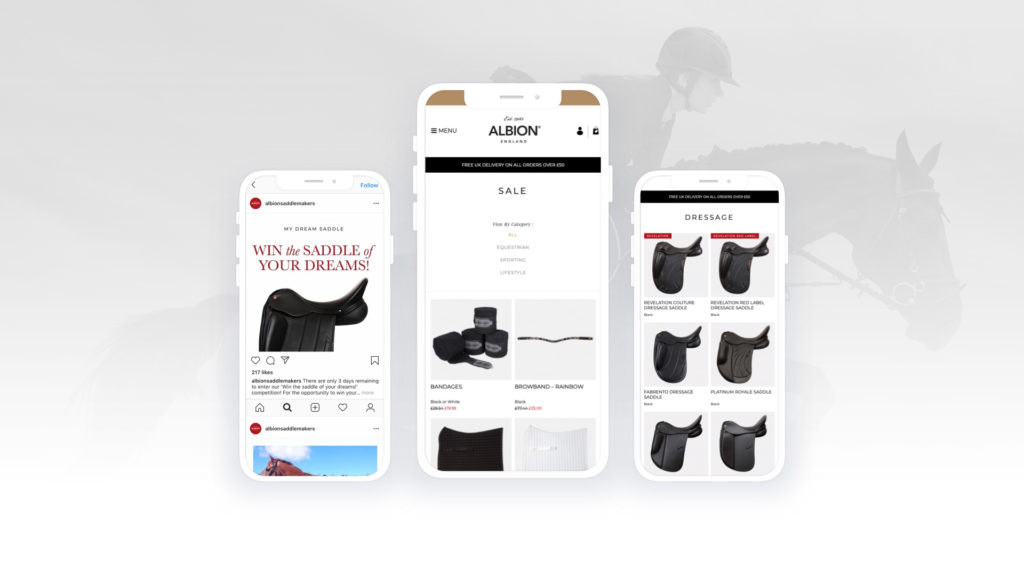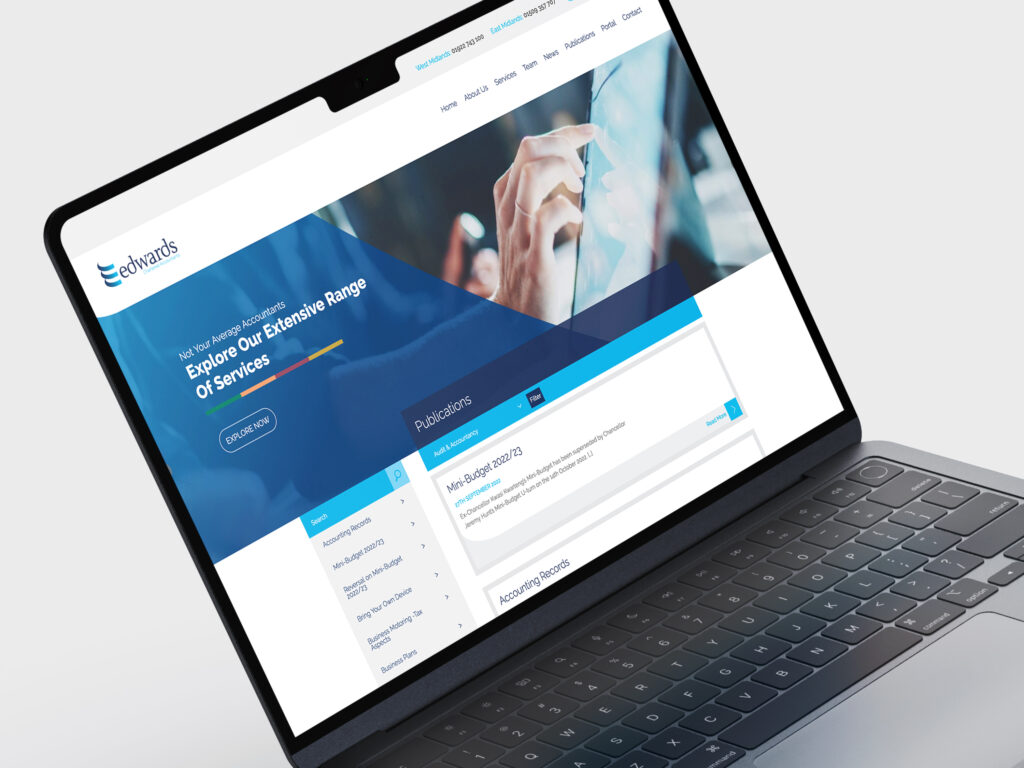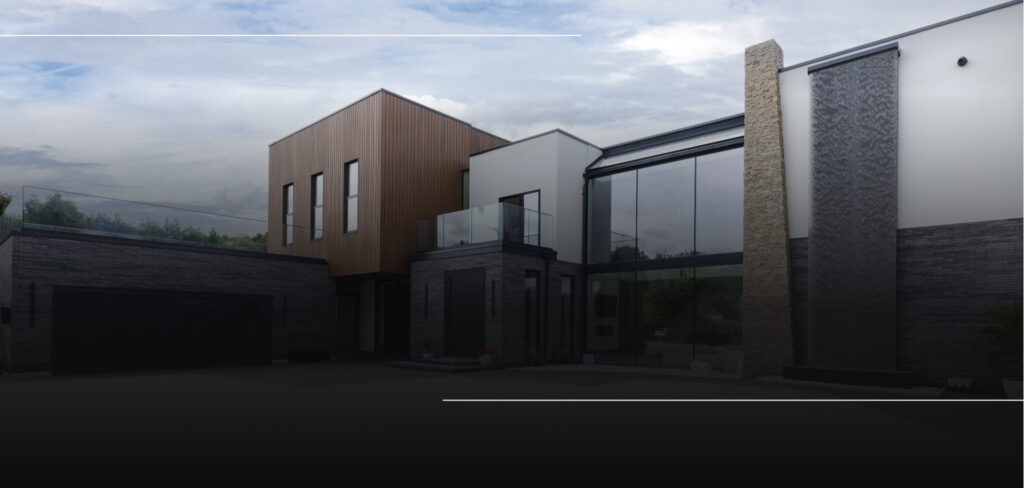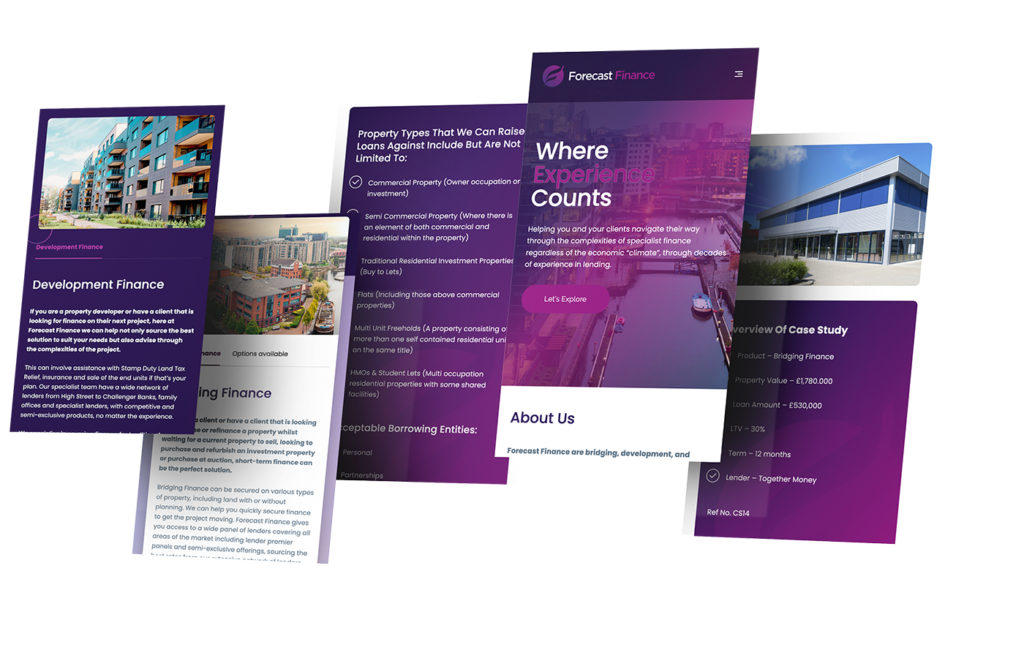Your website is the digital front door to your business – open 24/7 and visible to the world. Whether you’re selling products, publishing content, or promoting your services, keeping it secure is non-negotiable.
Website security goes beyond protecting data. It safeguards your users, your reputation, and the future of your business. A single breach can cause lasting damage – but the good news is, many risks are preventable.
By following website security best practices and building security into your site from the ground up, you can significantly reduce your chances of falling victim to cyberattacks. In this blog, the experts at our web development agency will cover why website security is important, common website security threats, and highlight website security best practices.
WHY WEBSITE SECURITY IS IMPORTANT
Cyberattacks can lead to serious consequences, from data breaches and financial loss to long-term damage to your reputation.
When your website isn’t secure, it doesn’t go unnoticed. Visitors are quick to spot browser warnings or suspicious behaviour, often abandoning your site and turning to competitors instead.
It’s not just large organisations that are targeted; small and growing businesses are often more vulnerable due to weaker security measures.
Here’s why investing in your website’s security is essential:
Customer trust – Visitors expect a secure experience – warnings or breaches can lead to lost confidence and fewer conversions.
Legal compliance – Regulations like GDPR require proper data handling and protection, and a breach can result in fines or legal consequences.
Brand reputation – Security issues can seriously harm your brand image and credibility, and it will take time to rebuild trust.
Search engine rankings – Search engines can penalise your site if it’s not secure, which can impact your search engine optimisation strategy, and make it harder for customers to find you online.
Financial protection – Attacks can cause revenue loss, especially if your site handles transactions or subscriptions.
Website uptime – Downtime caused by hacks disrupts user access and business operations, which can also result in revenue loss.
Customer data security – It’s your responsibility to protect personal data collected through forms, logins, or transactions. If your website isn’t secure, it puts this data at risk.
Business continuity – Recovering from a breach takes time and resources, delaying your business’s day-to-day operations.
WHAT ARE THE MOST COMMON WEBSITE SECURITY THREATS
Understanding the most common cybersecurity threats is the first step towards protecting your site. These risks can affect businesses of any size and in any industry, so it’s essential to stay aware and proactive.
Some of the most common security threats include:
Malware: Short for malicious software, it is designed to gain unauthorised access, steal data, or cause damage to functionality. It can also infect your visitors’ devices, spreading the problem further.
SQL injection attacks: These occur when attackers insert malicious code into input fields (such as contact forms or search bars) to access or change your database. This can result in stolen data or even complete database compromise.
Cross-site scripting (XSS): This involves hackers injecting harmful scripts into your website content. When visitors then load the page, the script runs in their browser, potentially stealing sensitive data or redirecting them to dangerous sites.
DDoS attacks (Distributed Denial of Service): These attacks flood your website with overwhelming traffic from multiple sources, slowing it down or forcing it offline entirely.
Phishing: Phishing involves fake emails or cloned websites that trick users into revealing sensitive information like login credentials or payment details. These can be sent through your website if security isn’t tight.
Outdated software and plugins: Hackers frequently target outdated systems, so neglecting to update your CMS, themes, or plugins can leave known vulnerabilities exposed.
FOCUSING ON WEBSITE SECURITY BEST PRACTICES
Website security is an ongoing effort. Instead of thinking about individual tools or tactics, it helps to focus on the areas that make the biggest impact:
Encryption and trust signals – Secure websites that use HTTPS and SSL certificates provide more than just data protection, they demonstrate credibility to both users and search engines. This builds confidence and can improve search visibility.
Staying updated – Outdated software is one of the most common entry points for attacks. By prioritising regular updates, businesses benefit from ongoing protection against known threats, without needing to overhaul their systems.
Access control – Good access management reduces unnecessary risk. Clear user roles and secure login processes, such as two-factor authentication, ensure that only the right people have access to sensitive areas of your site.
Reliable backups – A solid backup strategy acts as a safety net. In the event of a cyberattack or technical error, the ability to quickly restore your site helps minimise downtime and data loss, protecting both reputation and revenue.
Scalable security measures – Security needs evolve as your business grows. From simple firewalls to advanced monitoring systems, scalable solutions ensure that protection keeps pace with your expansion, without compromising performance.
HOW EDGE CREATIVE CAN KEEP YOUR WEBSITE SECURE
At EDGE Creative, we not only build websites, but we ensure they’re protected and secure.
Our ongoing website maintenance packages are designed to keep your website updated, backed up, and safe from threats. If you need long-term protection for your website, our team of experts are here to help! Call us on 0121 355 8092 or email info@edge-creative.com to learn more.




















